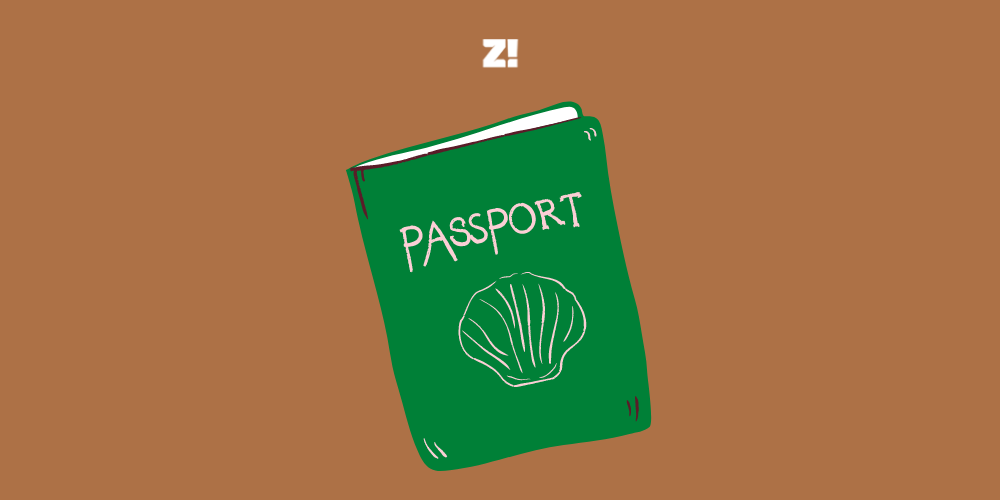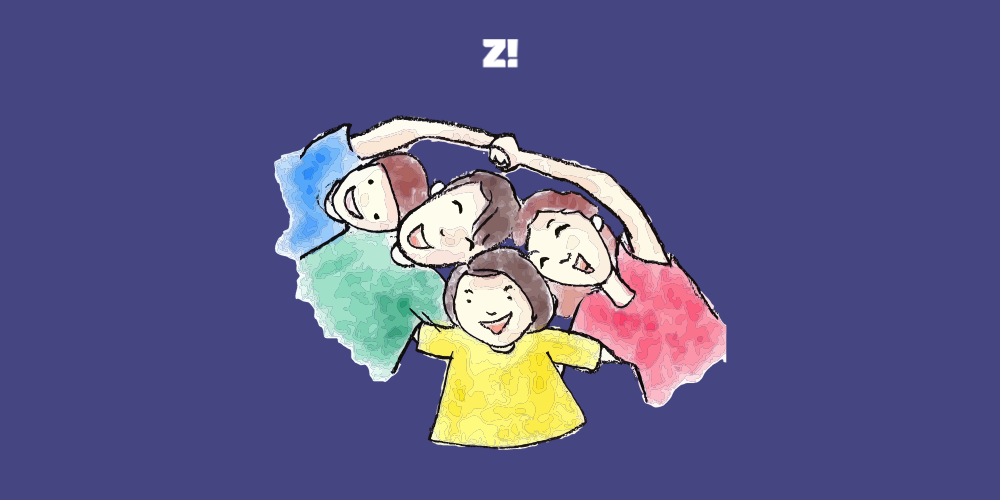How to migrate from Nigeria to Canada- In 2019, Nigeria was the fourth leading source country of immigrants into Canada, right after India, China and the Philippines, with over 12,000 Nigerians becoming Canadian permanent residents. That number had seen a steady growth since 2015 with more Nigerians moving to Canada than the previous year. There’s little doubt that the number would have been greater in 2020, but the restrictions due to COVID spoilt people’s plans.
For Nigerians, Canada presents a new home and a new place to settle because the migration process is straightforward, and the success rates are almost guaranteed once you have every prerequisite needed. It also helps that the official language of Canada is English, therefore there is no language barrier from helping Nigerians to settle.
With COVID travel restrictions reducing, there is no better time than now to prepare your japa to Canada. If you’re a Nigerian looking to migrate to Canada, here are all the ways you should consider.
1. The Express Entry program

The Express Entry program is the most popular path for Nigerians to successfully migrate to Canada. It’s also the fastest because you can complete it in six months. In 2019, Nigeria was the 2nd leading country of citizenship of successful Express Entry candidates, ranking behind India.
There are three immigration programs under the Express Entry program namely, Federal Skilled Worker Program, Federal Skilled Trades Program, and Canadian Experience Class. As much as having a job offer increases your chances of success with the Express Entry program, you do not need to have a job offer from a Canadian organisation to immigrate through this system.
Once you begin your application with the Express Entry program, you will be given a Comprehensive Ranking System (CRS) score based on your age, education, language proficiency based on your IELTS score, and work experience. This is why it is called the point-based system. If your CRS assessment scores you high, you will be given an Invitation to Apply (ITA) for permanent residence in Canada.
2. Student visa

As of 2019, there were approximately 12,000 Nigerians getting tertiary education in Canada, which makes Nigeria the 9th leading source country of international students in Canada. Studying in Canada is a valid way of transitioning from student visa to permanent residency.
Here’s how it typically works: When you finish your study in Canada, you will be able to obtain a Post-Graduation Work Permit (PGWP) that allows you work in Canada for up to three years. Having Canadian study and work experience is highly valuable when you finally decide to apply for a permanent residence through the Canadian Experience Class or through Provincial Nominee Programs. Your CRS score will factor in your Canadian degree and work experience, and grant you higher points.
If you’re looking for schools to go to in Canada, we found this list of Canadian scholarships for international students online.
3. Family sponsorship

According to the Canadian government, family reunification continues to be a priority, as it is key to Canada’s future, particularly as they work to recover from COVID-19. The program allows for the sponsorship of spouses, common-law partners, conjugal partners, dependent children, adopted children, parents, grandparents, or orphaned relatives under the age of 18.
To sponsor a family member to become a Canadian permanent resident, the sponsor must: be an adult citizen or permanent resident of Canada, live in Canada if they’re a permanent resident, and prove that they have the resources to support the person they’re inviting into Canada.
If you have a family member living in Canada, reach out to them to find out if they are willing to sponsor your visa application for permanent residence.
4. Provincial Nominee Program (PNP)

If you’re looking to work and settle in a specific Canadian province, you could benefit from the Provincial Nominee Program. Out of Canada’s 10 provinces, only two ( Nunavut and Quebec) don’t have at least one PNP.
Through PNPs, Canadian provinces nominate economic-class immigration candidates who fit their labour market needs. So if you’re applying through the Express Entry program, and somehow you have skills that a certain province needs, they’ll nominate you, and this means you get 600 extra points. In the point-based system, getting 600 extra points means you’re guaranteed to be invited for permanent residence.
You can directly apply to a PNP or you can send an expression of interest to the province looking for someone with your skills through your Express Entry profile.
5. Start-Up Visa Program

Entrepreneurs with innovative business ideas that can create jobs for Canadians and compete at a global scale are welcome to apply to the Start-Up Visa Program. The process for applying for a start-up visa is a bit more complicated than the others, but in the end, it’s totally worth it.
6. Immigration via asylum
There are three ways to apply for asylum in Canada; at an official port of entry, online if already in Canada or at the office of Immigration, Refugees and Citizenship Canada (IRCC). After applying, Canadian officials will determine whether to make an asylum claim. If you’re eligible,
9 Easiest Countries To Migrate To From Nigeria
7 important things to know before moving to Canada
- Just like in Nigeria, the cost of living varies, depending on where you choose to live. It can be expensive to live in major cities like Toronto and Vancouver, so take this into account before you decide where to move to. You also have to pay for services like air conditioning, home phone, internet, and other things you might not be used to paying for, and they’re expensive. Get ready.
- You’ll only be able to use your Nigerian license for a maximum of 90 days after you get to Canada. After this, you have to go through a series of tests to become a certified Canadian driver.
- In Canada, life goes on even with extreme winter. Make sure you do your research on where you would like to stay based on the temperatures during summer and winter. It’s coldest in the north and the west is warmer than the east. You should also research what types of clothes, home and car to get.
- The price you see listed on the item is not the price you pay. Products have taxes on them. Don’t be shocked when you pick an item and have to pay just a bit more.
- Tipping for services is a way of life. Get ready to tip people that offer you services.
- Job hunting in Canada might be tricky. Be ready to do some non-career jobs while you search for a job that suits you. Don’t wait to get a blue-collar job before you start working. Bills will choke you.
- Don’t ruin your credit score. Because Canada is a credit-based economy, it might be easy to live above your means and when you’re not able to pay the amount you owe, it’s terrible for your financial reputation.
10 fun things to do once you get to Canada
- Try poutine and maple syrup. Poutine is Canada’s signature dish, so you should definitely try it.
- Visit Niagara Falls.
- Visit the Notre Dame Basilica Cathedral.
- See grizzly bears and polar bears in their natural habitat.
- Go ice-skating.
- See the Northern Lights in Yukon.
- Relax in Canada’s natural hot springs.
- Rent a car and go on a road trip.
- Visit the US.
- Go to the top of the CN Tower.
How To Japa: Migrating From Nigeria





